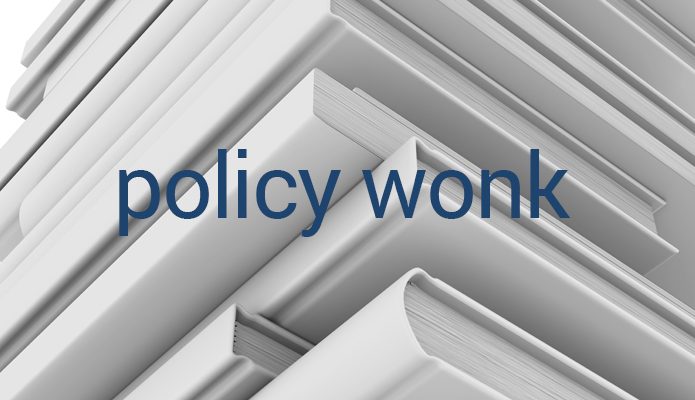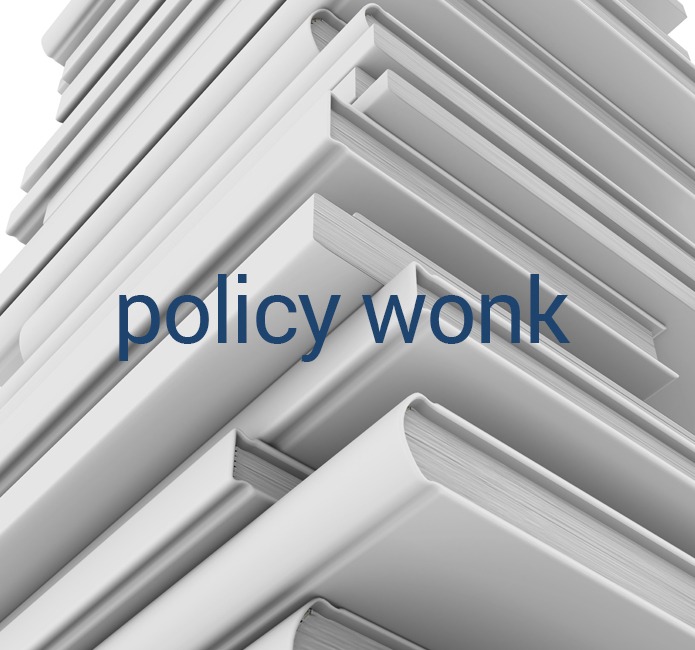As public libraries struggle to reinvent themselves, the role many are zeroing in on is…

Where’s the Government Support for Broadband?
Catherine Middleton is a Ryerson management professor who spoke at the 2014 OLA Superconference on the importance of broadband Internet to the Canadian economy. Michael Geist is a University of Ottawa law professor who has criticized the federal government’s action—or lack thereof—on many digital economy issues, including copyright, broadband development, and digital inclusion. The library world needs to pay more attention to both of them.
Why? Because if we want Canada—and libraries—to succeed as players in the global knowledge economy, we need to be concerned about government (in)action in this area. Canada was built by the railroad, and the railroad was the centerpiece of government policy in the late 19th century. In the 21st century, high-speed communications networks are the railroads.
The federal government’s new Digital Canada 150 strategy has many flaws, but the most gaping of them is its highly unambitious broadband target. At a time when the rest of the world is aiming for 100Mbps (Megabits per second), and in some cases 1Gbps (Gigabits per second), Canada’s goal is a lofty 5 Mbps. (To put that in context, I get about 25 Mbps at home, with a mid-tier subscription in urban Ontario). Where does that put us? Michael Geist reports that in 2012, Canada was 14th among OECD countries for average broadband speed, and much lower for mobile broadband. And we are going nowhere but down. The OECD reports that almost every OECD country is planning for a higher speed target than we do. Again according to Geist, our broadband is also among the 10 most expensive in the world. Price is as important as speed, which is why many countries set their goals on the proportion of adoption, not just availability, of ultra-fast broadband. But not Canada.
More Infrastructure Support
It’s not as if the federal government is completely deaf to calls for more digital infrastructure support. One of its accomplishments has been CANARIE (Canadian Advanced Research and Innovation Network), the national network connecting research institutions. Its Ontario counterpart is ORION (Ontario Research and Innovation Optical Network). ORION, 90% of which now runs at 100Gbps, runs many applications, one of which is OurOntario, the massive local history archive many libraries participate in, a former Knowledge Ontario project now run by Our Digital World. It also offers peering for popular Google services like YouTube, and is looking at offering direct Internet as well.
The provincial government has played a part, too, supporting not only ORION but regional broadband networks such as EORN (Eastern Ontario Regional Network). Local governments have also taken up the slack: Stratford provides universal fibre-to-the-address along with Wi-Fi throughout the community; Toronto’s new Waterfront development will provide 100Mbps to residences and 1Gbps to businesses. In my own community of York Region, funding has been announced for an ORION point of presence that will connect to a proposed education and research network that would include libraries; the York Region District School Board is already on ORION, as is Hamilton Public Library. Similar initiatives exist elsewhere in the country, most notably in Fredericton, New Brunswick, where the infrastructure is part of Mayor Brad Woodside’s “millionaire ecosystem” to diversify the economy.
But these still pale in comparison to bigger goals, like the European Union’s goal of 50% adoption of 100Mbps speeds by 2020, or successful local initiatives in US cities such as Chattanooga, where 100 Mbps is the norm; Kansas City, wired by “Google fibre”; or St Louis, with its “gigabit mile” revitalized business district.
An Ultra Connected World
Imagine a library in a community or an institution powered by this type of speed. Our servers could push out data-intensive feeds like video on our websites. Our third-party e-services would be more easily accessible to our users. Our own buildings would provide enough bandwidth for any service or any number of users that want them. Cloud services and storage would be able to handle the huge amounts of data we want them to. We would be able to offer high-quality video links to public lectures, experts on demand, open access courses, or our “twin” communities or institutions. Our users could become creators as much as consumers of content. Open-data applications could be built by anyone in our spaces, not just those with money. In short, we would be, more than we are now, the access point for everyone wanting to take advantage of the ultra-connected world.
What can libraries do to help this happen? For one, seek out nascent local initiatives, movements of people looking to build more intelligent communities. Make sure the library is seen as a player, if not a leader. If there is no movement in your area, start one. Talk to the local economic development office, Chamber of Commerce, innovation hub, social enterprise forum, prosperity council, makerspace, whatever you can find. Talk up the issue with civil servants and politicians. Bug your local telecom carriers about when they will offer better service. Figure out the ideal broadband service for your institution and estimate what it would cost to subscribe (if available) or build (if not) to demonstrate how you and your community are being held back by poor and/or expensive infrastructure. Above all, let the world know that libraries are part of the future you envision for Canada.
Todd Kyle is CEO of the Newmarket (ON) Public Library and Chair of the CLA Information Policy Advisory Committee. He blogs at nplceo.wordpress.com.
This Post Has One Comment
Comments are closed.

Chattanooga (aka Gig City) sounds like a great example of what can happen when a community is powered by ultra high speed Internet. The Chattanooga Public Library has developed some very exciting programs and services revolving around “The Gig.” For example, their annual Hackanooga event attracts designers and developers to collaborate on community issues. Pretty exciting stuff!
http://www.chattanoogapulse.com/columns/tech/civic-hacking-at-hackanooga/